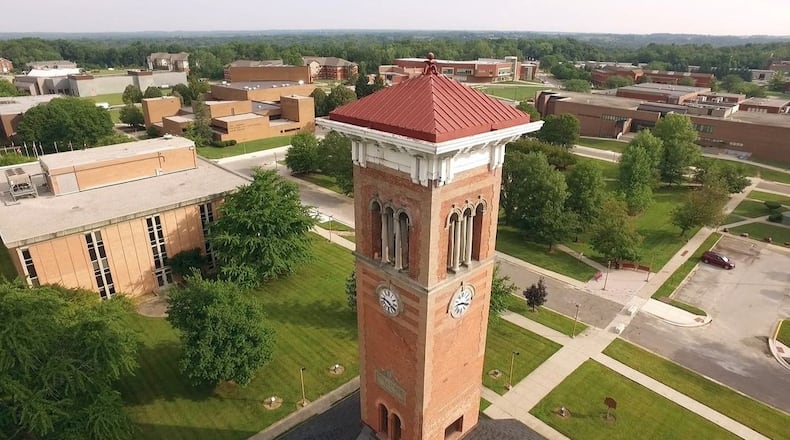“Research and other externally funded activities greatly impact CSU’s ability to meet other presidential priorities,” said Central State University Provost and Vice President for Academic Affairs, Dr. F. Erik Brooks. “Projects funded will help increase enrollment, improve retention and graduation rates, develop an Honors College to recruit high-achieving students, increase degree offerings, offer graduate studies, and provide flexibility in course delivery.”
Here are a few of the major projects funded this year:
- $1.3 million contract from the Food and Drug Administration for the project, “Characterization of Chemical Constituents from Smokable Hemp Flower and E-cigarettes,” led by Craig Schluttenhofer Ph.D., and Brandy Phipps Ph.D. in the College of Engineering, Science, Technology and Agriculture (CESTA). The purpose of the contract is to evaluate the chemistry of hemp cigarettes and vape products.
- Approximately, $1 million from U.S. Department of Agriculture, for the “1890 Scholarship Program at CSU under the direction of Michelle Corley, Ph.D., Dean of CESTA and Director of 1890 Land-Grant Programs with Dr. Ibrahim Katampe as the Co-PD. The overall goal is to recruit and matriculate underrepresented minority students (URM) in the Food Agricultural, Natural Resources and other AGRI-STEM fields to CESTA at CSU, to ultimately pipeline an increased number of URM graduates to fuel the AGRI-STEM Workforce.
- $600,000 grant from the U.S. Department of Agriculture for the “Marauder Agricultural Scholarship Program” (MASP)-Workforce Development for the US Agriculture Industry. According to Dr. Saima Bashir, project director, “The project aims to enhance the labor force participation in the U.S. agricultural industry through education, regardless of students’ fields of specializations, and through research that allow to grasp causes of misconception about agricultural jobs, and then provide narratives that will increase the awareness of students and families on the nobleness of agriculture.”
About the Author

